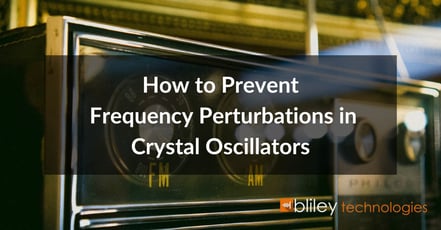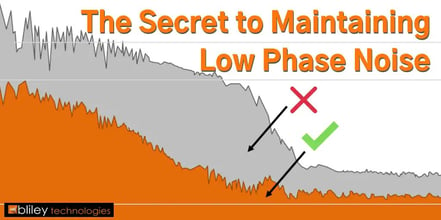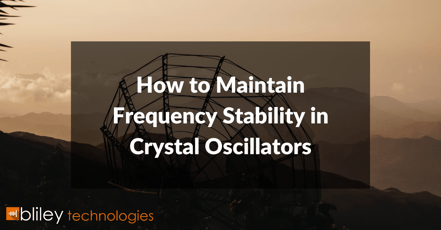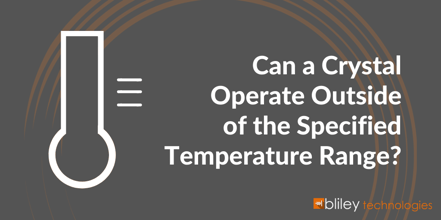Why is it important to choose the right crystal oscillator output signal?
The output signal types of crystal oscillators can provide different benefits and drawbacks depending on what you're trying to accomplish with your product. With that said, it's important to understand signal types to avoid as much attenuating and distorting of your clock signal as possible. You'll also want to be sure you're receiving more benefits than drawbacks from the signal to meet your specific design needs.















